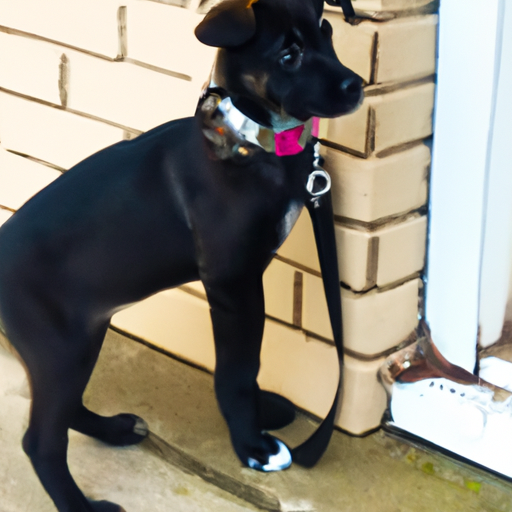As a caregiver to your new four-legged friend, you may find yourself asking, “how often should I take my puppy out?” This guide aims to answer this question in as much detail as possible.
Understanding Your Puppy’s Age and Size
Firstly, it’s important to understand that the frequency of bathroom breaks your puppy needs is largely dependent on their age and size. Smaller breeds tend to have smaller bladders and faster metabolisms, which means they’ll need to go out more often. On the other hand, larger breeds may be able to hold their bladders for longer periods.
In general, a good rule of thumb is that a puppy can hold their bladder for as many hours as they are months old, up to about 9 months. For example, a 2-month-old puppy might need to go out every 2 hours.
Setting Up a Puppy Potty Schedule
Creating a consistent potty schedule can be beneficial for both you and your puppy. Consistency helps your puppy understand when it’s time to go, which can make house training easier.
Here’s a basic schedule you might consider:
- First thing in the morning
- After meals and drinks
- After playtime and exercise
- Before bedtime
Remember, this schedule will vary based on your puppy’s age, size, and individual needs.
Reading Your Puppy’s Signs
Puppies often show signs when they need to go out. These may include:
- Pacing
- Whining or barking
- Circling
- Sniffing around the house
If you notice these signs, it’s a good idea to take your puppy out immediately.
Training Your Puppy
Training your puppy to go outside involves patience, consistency, and positive reinforcement. Here are some tips to help:
- Take your puppy to the same spot each time. This will help them associate that location with going to the bathroom.
- Use a specific command (like “go potty”) each time.
- Reward your puppy with praise or a treat each time they go in the right place.
Night Time Potty Breaks
At night, puppies may need to go out at least once or twice. This may disrupt your sleep initially, but as your puppy grows older and their bladder control improves, these nighttime breaks will become less frequent.
Dealing with Accidents
Accidents are a normal part of puppy training. If your puppy has an accident, clean it up immediately and try not to show frustration. Instead, continue to focus on positive reinforcement when your puppy goes in the correct place.
When to Seek Veterinary Advice
If your puppy is having frequent accidents or seems to be straining to go, it might be a good idea to seek veterinary advice. These could be signs of a urinary tract infection or other health issue.
FAQ
Q: How often should I take my puppy out at night?
A: Puppies may need to go out once or twice during the night. This will lessen as they get older.
Q: What if my puppy is having accidents even with regular breaks?
A: This could be a sign of a health issue. Consult with your vet if you’re concerned.
Q: How can I train my puppy to tell me when they need to go out?
A: You can train your puppy to signal when they need to go by using a bell or other noise-making device. Every time you take them out, have them touch the bell. Eventually, they should associate the bell with going outside.
Q: What should I do if my puppy doesn’t go when I take them out?
A: If your puppy doesn’t go, bring them back inside and try again in about 20 minutes. Patience is key in these situations.
House-training your puppy can be a challenging task, but with patience, consistency, and understanding, your puppy will soon be on their way to being fully potty trained. Enjoy the journey and remember this is all part of growing up for your new furry friend.



